-
Freeman Family Law
Operating Since 1992
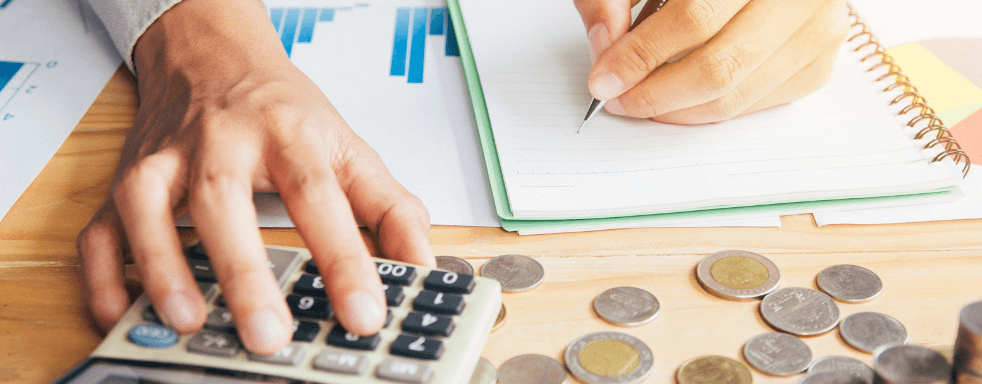
The Federal Circuit and Family Court Rules, which govern the practices of the Federal Circuit and Family Court of Australia provide that there should only be one expert (jointly instructed by the parties) in relation to valuation of assets. Prior to these Rules there was often a “battle of experts’’ that led to far greater delay and cost.
However, any expert, no matter how good they are, can make mistakes. Their opinions are also based on very subjective decisions. Often the value of a particular piece of real estate or of a business can be the most important factor in a case. Percentages don’t matter as much if the valuation is right.
The valuation can make hundreds of thousands of dollars of difference.
In our last article we spoke of the important case of Cosola & Moretto and its surprising outcome. During the course of the case the Court also made a very important decision about valuations.
The Rules provide that a party is only able to adduce the evidence of another valuer if:
Anyone who has made such an application knows that it is very difficult to get a Judge to agree to second valuer. This depends on the Judge (from experience, some Judges are much less likely to grant such an Order). The bar is a high one. Usually there isn’t a different body of opinion and usually valuers use the same methodology. In the case of real estate valuers for example they almost always use the method of comparable sales.
If a Judge doesn’t allow the evidence of the second valuer then the first valuer can be challenged at trial by cross-examination. This doesn’t always lead to a satisfactory result.
In this case the difference between the two valuers was $750,000.
The Judge considered the evidence and the Rules and made the following points amongst others:
After providing a necessarily complex judgement the Judge in this case allowed the evidence of the second valuer.
Freeman Family Law has vast experience in relation to the issue of valuation evidence in family law. If a party believes that the valuer got it very wrong, then the following should occur:
Freeman Family Law has been assisting clients for over 30 years on matters involving divorce or separation, complex financial and property issues, as well as advice on parenting and wills & estates. Book an appointment with an Accredited Family Law Specialist online or at one of our offices in Yarraville, South Melbourne, Caroline Springs, Essendon or Mornington.
Enquire Now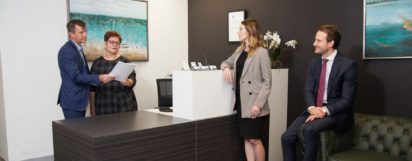
Coronavirus (COVID19) Outbreak 
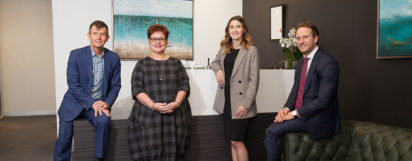
Parenting Orders & COVID 19 

Preparing for your first online family law consultation 

The Bank of Mum and Dad: What to consider when helping children buy property 

Family Law 101: What to do when you receive a letter from a family lawyer 
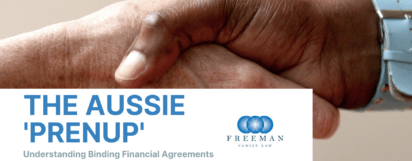
The Aussie ‘Prenup’: Understanding Binding Financial Agreements Duri ... 
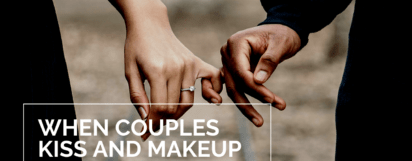
What happens when couples kiss and makeup…and separate again? 
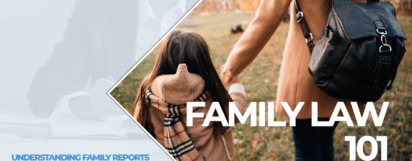
Family Law 101: Understanding Family Reports 
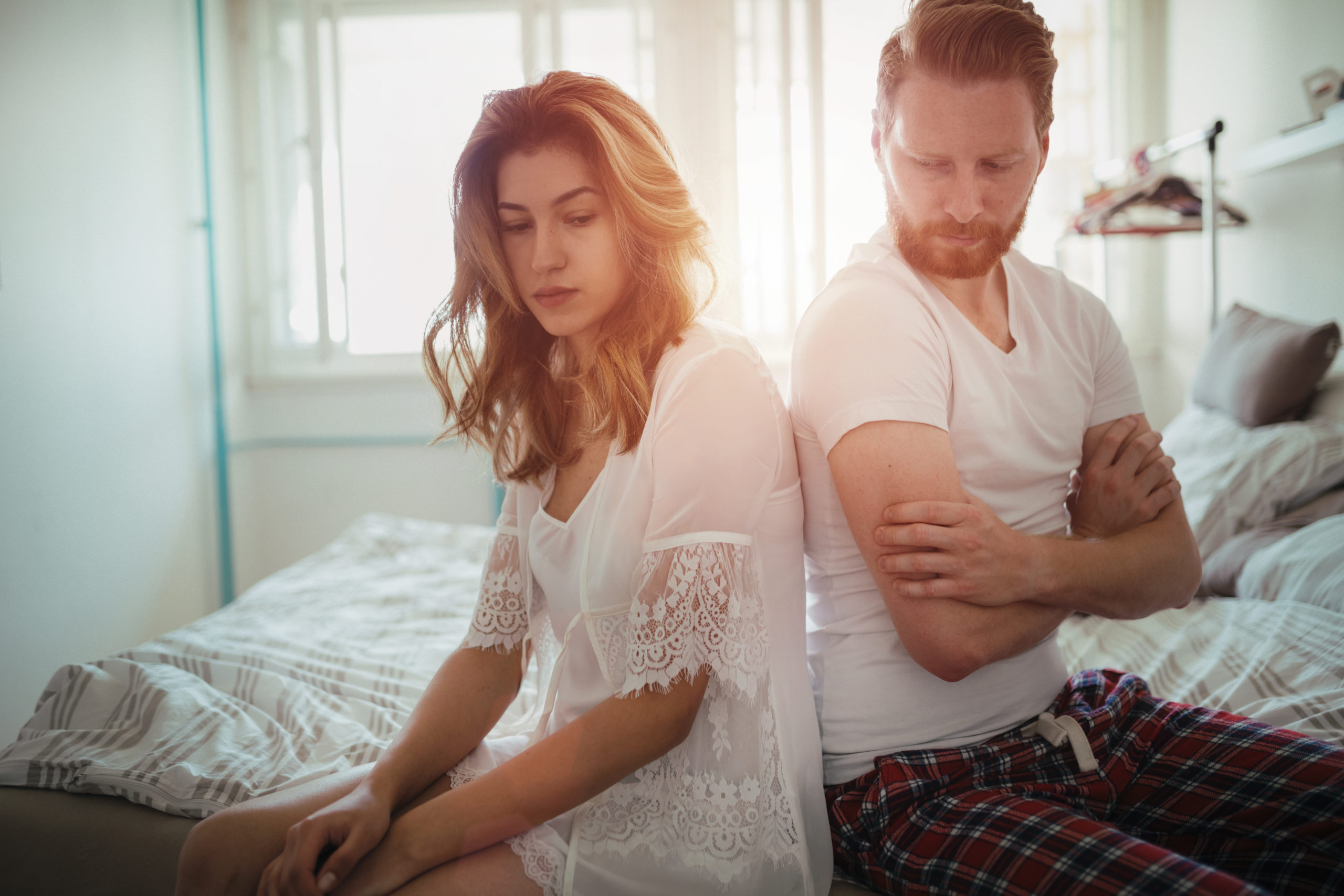
Report: 42 per cent of people have experienced a negative change in their relati ... 

We’re Open For Business | A Freeman Family Law Stage Four Lockdown Update 
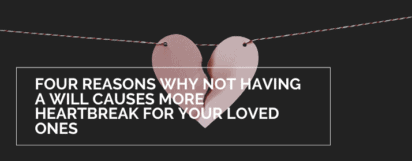
Four reasons why not having a Will causes more heartbreak for your loved ones 
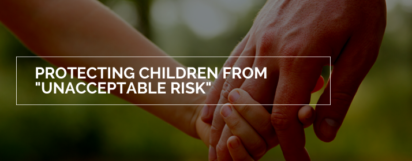
Protecting children from “Unacceptable Risk” 
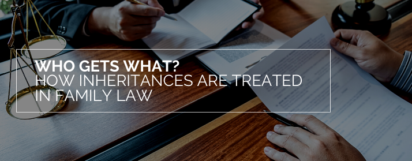
Who gets what? How inheritances are treated in family law 
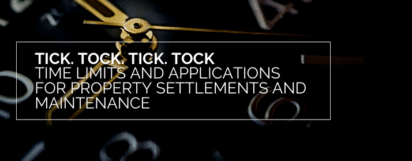
Tick, tock: Time limits and post-divorce/post-separation applications for proper ... 
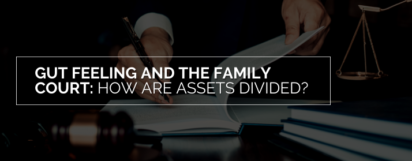
Gut feeling and the Family Court 

Christmas, Separation and Kids: Handling Holiday Arrangements 
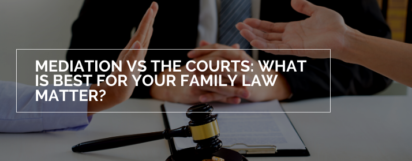
Time is Money: Why Mediation could be a better solution to your Family Court mat ... 

What is Collaborative Law? 
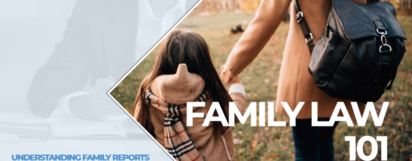
The Merging of the Family Law Courts – What Has Changed? 

Relationship Property Settlements for Business Owners – What You Need to K ... 

Family Law Property Settlement for Business Owners: What You Need To Know. 

Accredited Specialists Freeman Family Law announce new office in Mornington Peni ... 

Can a judge order that a child be vaccinated against one parent’s wishes? 

Can a parent get a child vaccinated if the other parent disagrees? 
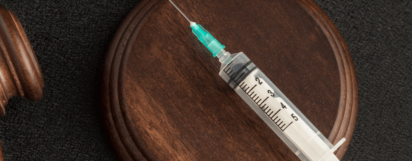
To vaccinate or not to vaccinate for young children – what if parents can& ... 

Accredited Specialists Freeman Family Law open new office in Dromana 
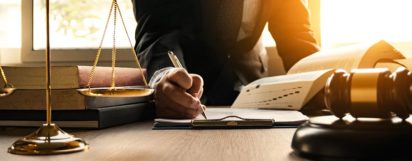
The Brady Bunch and Mutual Wills 

“Justice” in Family Law 
Or Send us A Message
Enquire Now